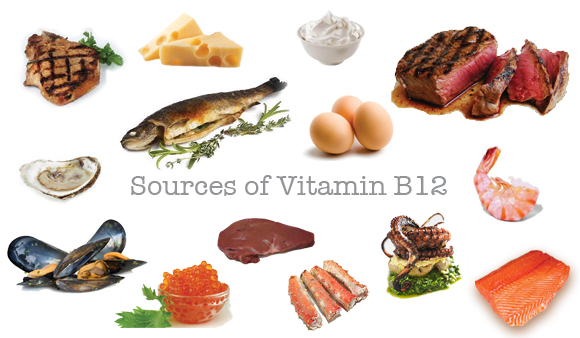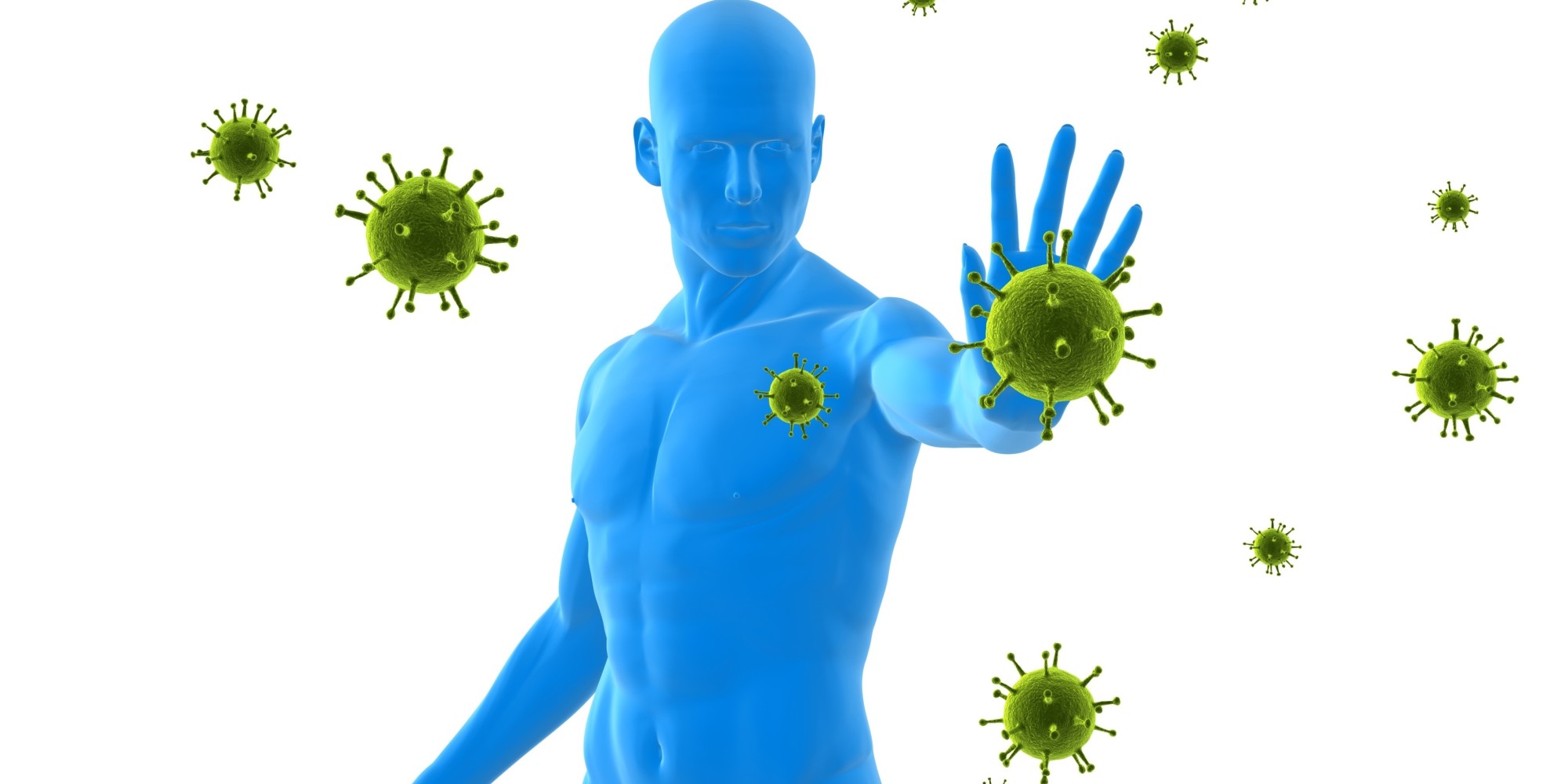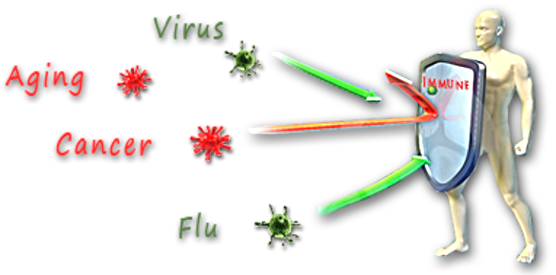Butter is produced from churning the cream from raw milk that comes from cows. The butter which also known as fat separates naturally during the churning process. To make butter that is grass-fed, which also goes by the name of Pasture Butter, the butter needs to come from a dairy cow that produces grass-fed milk. The cows that are grass-fed graze on grassy, green pastures which is their best source of food.
Below are 7 good reasons why you should make the switch to grass-fed butter:
1. Lots Of Healthy And Delicious Saturated Fats
Grass-fed butter is a pure fat that contains zero proteins, sugars, and carbs. Saturated fats that come from a healthy source such as grass-fed butter is important to your health. Milk fat that is used for making butter is regarded as highly complex when it comes to natural fats since it contains more than 80% pure fat which contains 400 different types of fatty acids.
2. Contains Essential Omega-3 Fatty Acids
Grass-fed butter contains much higher concentrations of Omega-3 fatty acids when compared to grain-fed butter.

This fatty acid is a polyunsaturated fat which is very important to the human body, as you are unable to produce this fatty acid on your own, meaning you need to get it from the food that you eat. Grass-fed butter also features more CLA, which is healthy Omega-6 fatty acid.
3. 500% More CLA (Conjugated Linoleic Acid)
Cows that are allowed to naturally graze on grass in pastures often have as much as 500% more CLA in the milk that they produce when compared to grain-fed cows. CLA is one of the long-chain fatty acids and Omega-6 that is present in dairy products and meat, which helps to:
– Improve bone mass
– Lower the risks of cancer
– Prevent cardiovascular diseases
– Boosts immunity
– Fights inflammation
4. Grass-Fed Butter Contains High Levels Of Butyrate
Butyrate is one of the short-chain fatty acids that the bacteria in your gut consume in order to grow as well as improve your overall gut health. This fatty acid is also associated with:
– Lowering the risks of heart disease
– Boosts energy
– Helps to maintain healthy digestion
Butyrate is available readily in grass-fed butter and it does not require bile production or digestive enzymes in order to work. This makes it highly absorbable and ready to use.
5. Contains Antioxidants And Fat-Soluble Vitamins
Studies have proven that the milk produced from the pastured cows is much higher in antioxidants and fat-soluble vitamins. This includes Vitamin A, D, K and E.
6. Lowers Inflammation
You may have heard many experts and doctors talking about the importance of lowering inflammation, but do you know that this actually means? Inflammation is a defence mechanism of the body when it thinks that it is under attack.

If you do not experience acute inflammation whereby the white blood cells are sent to destroy foreign enemies, you would experience an infection that is fatal from something as simple as a paper cut.
Yet chronic inflammation, on the other hand, occurs when the body is in a constant state of high alert. Scientists believe that inflammation might start with gut health. While some types of oils and fats like canola oil and trans fat increase inflammation, pasture butter does the complete opposite. Grass-fed butter contains butyrate which is known for reducing inflammation.
7. Improves Heart Health
While sugar and grains are the actual culprits when it comes to heart disease, the right fats can assist with reversing it. Evidence has shown that people who consume more grass-fed dairy are at a much lower risk when it comes to heart diseases.
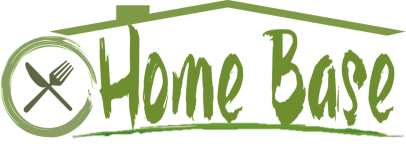
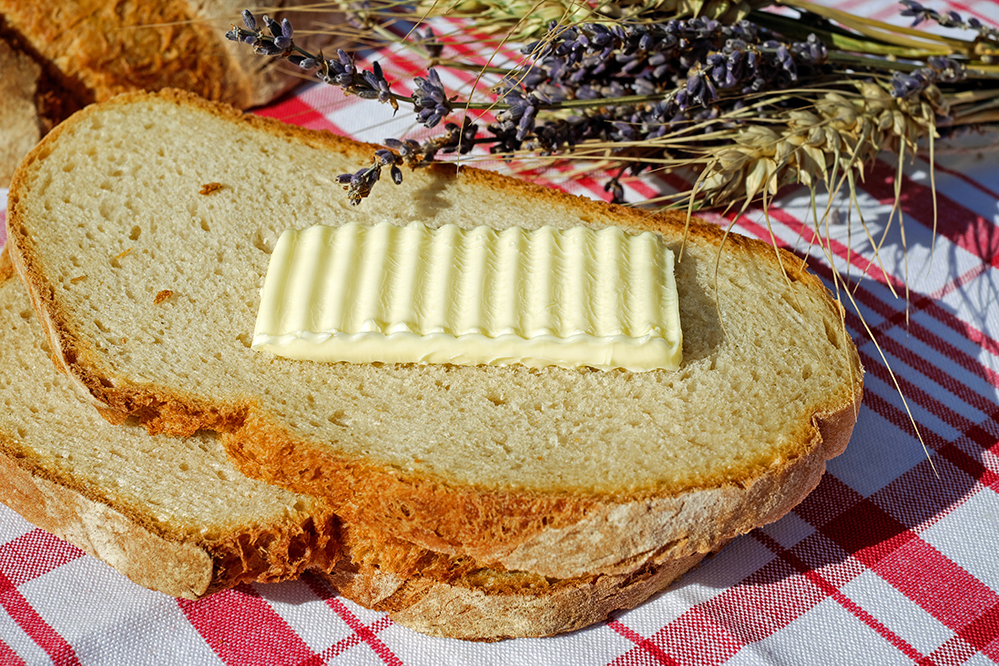
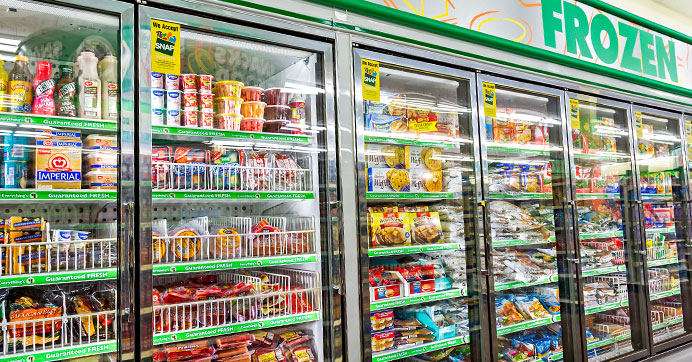

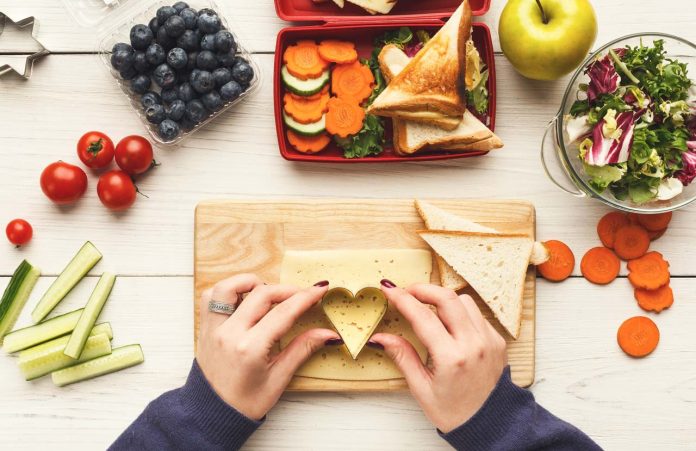
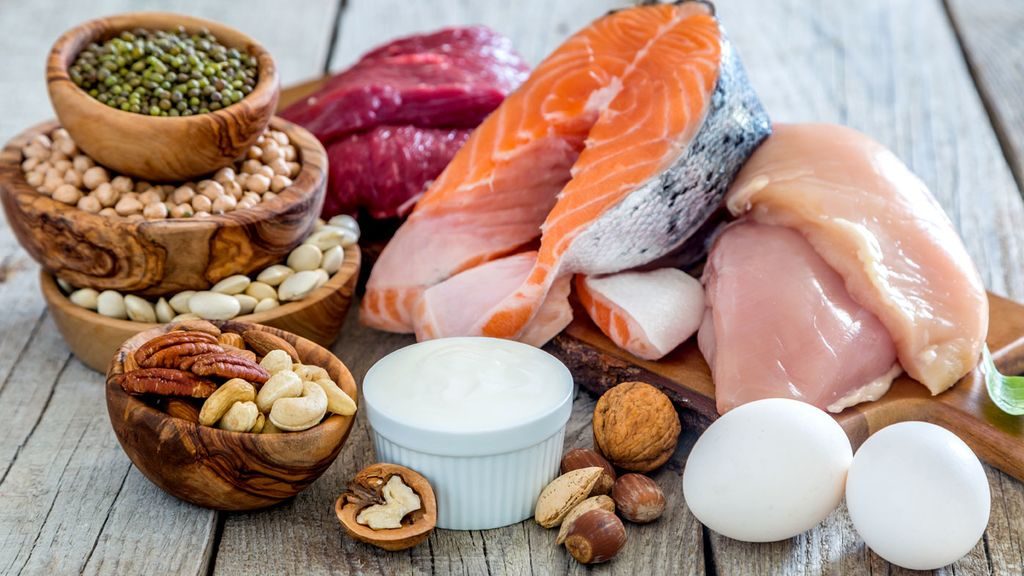





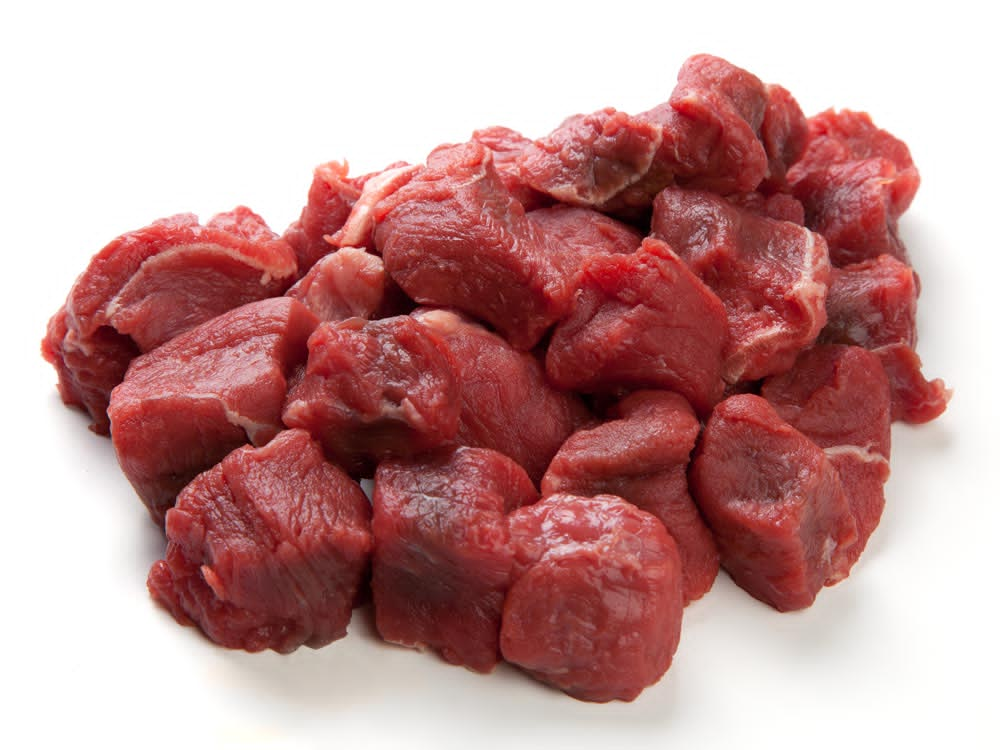

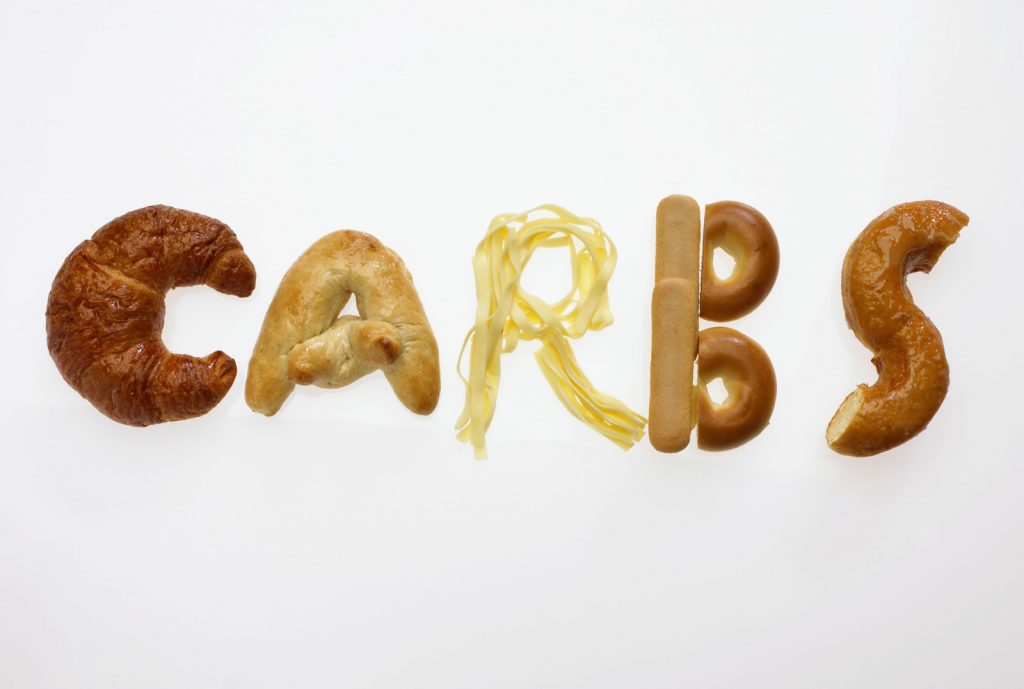




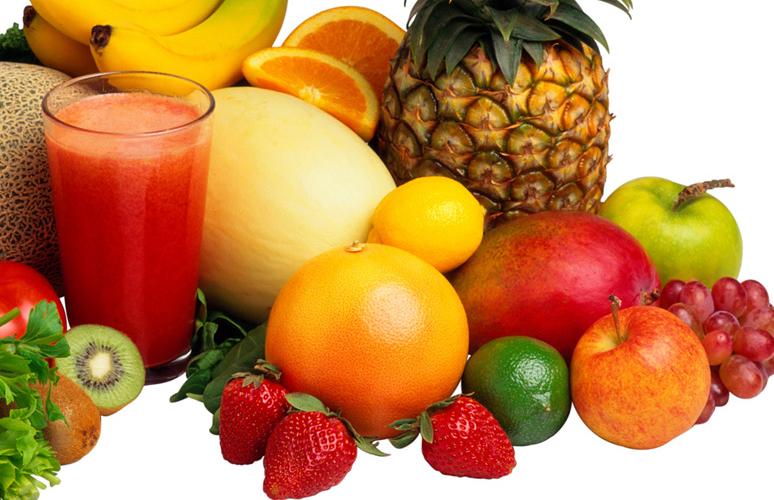
 1. Bell peppers. Both red and green bell peppers are excellent sources of vitamin C. Red peppers have slightly more vitamin C than green peppers. However, both are a great option if you are looking for a way to boost your intake of this particular vitamin. Try slicing them up into strips and dipping them in salad dressing for a healthy snack.
1. Bell peppers. Both red and green bell peppers are excellent sources of vitamin C. Red peppers have slightly more vitamin C than green peppers. However, both are a great option if you are looking for a way to boost your intake of this particular vitamin. Try slicing them up into strips and dipping them in salad dressing for a healthy snack.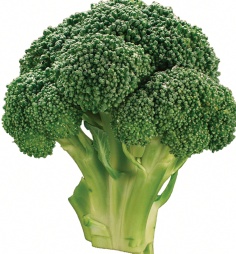 2. Broccoli. If you are looking for a low-calorie way to meet your daily vitamin C requirements, broccoli could be the perfect solution. Try steaming this healthy vegetable in your microwave and sprinkling it with a little bit of salt and pepper for a delicious, healthy treat.
2. Broccoli. If you are looking for a low-calorie way to meet your daily vitamin C requirements, broccoli could be the perfect solution. Try steaming this healthy vegetable in your microwave and sprinkling it with a little bit of salt and pepper for a delicious, healthy treat.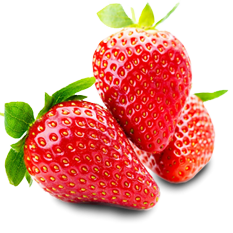
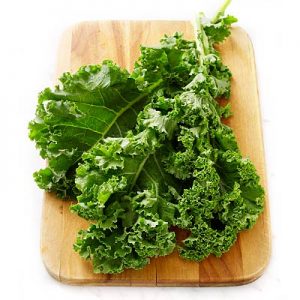 4. Kale. Years ago, kale was best known for being a salad bar garnish at local steakhouses. These days, however, it is considered to be a superfood. More and more people are getting on board with eating this leafy green vegetable. It is incredibly rich in vitamins and minerals, including vitamin C.
4. Kale. Years ago, kale was best known for being a salad bar garnish at local steakhouses. These days, however, it is considered to be a superfood. More and more people are getting on board with eating this leafy green vegetable. It is incredibly rich in vitamins and minerals, including vitamin C.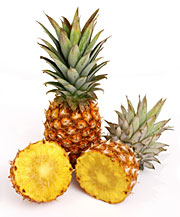 5. Pineapple. If vegetables aren’t your thing, you can also get more vitamin C by eating
5. Pineapple. If vegetables aren’t your thing, you can also get more vitamin C by eating 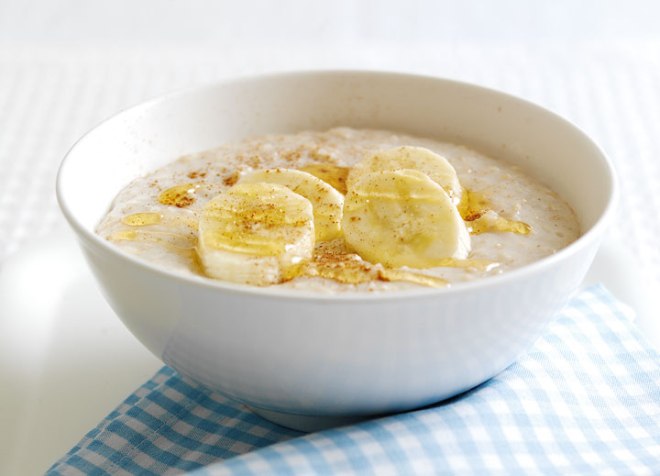
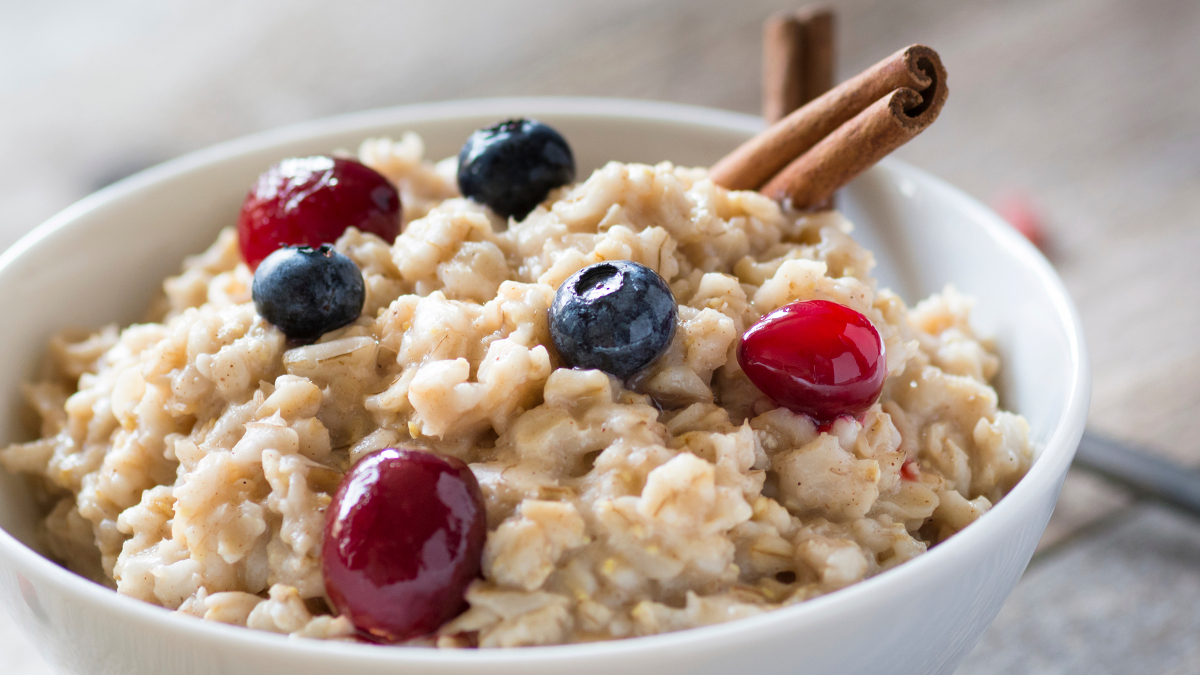
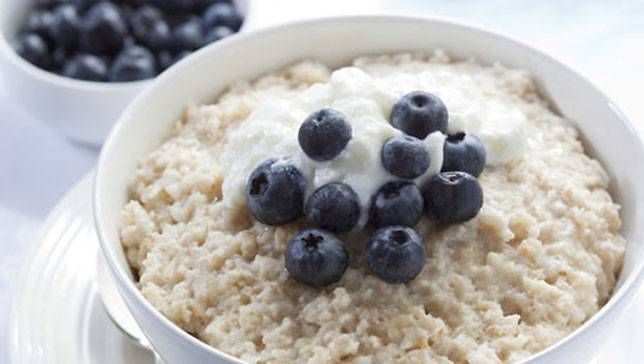
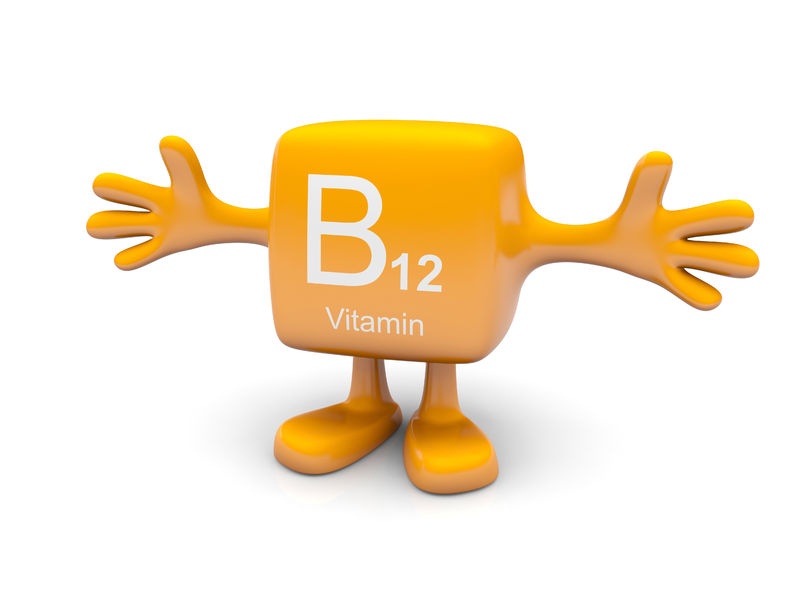
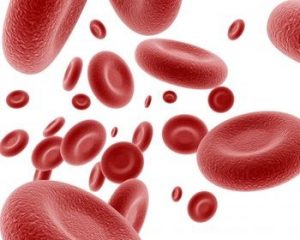 Red blood cells are partly synthesized from Vitamin B12. These are the cells that carry oxygen from the lungs to your different organs. Red blood cells play a crucial role and you can suffer from anemia and other health issues if your body cannot synthesize enough red blood cells.
Red blood cells are partly synthesized from Vitamin B12. These are the cells that carry oxygen from the lungs to your different organs. Red blood cells play a crucial role and you can suffer from anemia and other health issues if your body cannot synthesize enough red blood cells.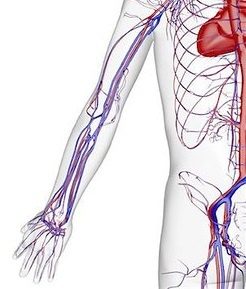 Vitamin B12 helps protect your heart and your arteries from a protein known as homocysteine. Vitamin B12 contributes to eliminating this protein which can cause heart disease as well as damages to your arteries. You need to eat enough foods that contain Vitamin B12 to keep your homocysteine levels below a healthy level.
Vitamin B12 helps protect your heart and your arteries from a protein known as homocysteine. Vitamin B12 contributes to eliminating this protein which can cause heart disease as well as damages to your arteries. You need to eat enough foods that contain Vitamin B12 to keep your homocysteine levels below a healthy level.